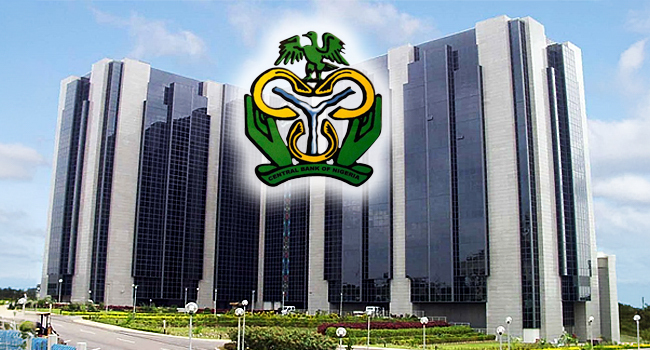- Nigerian companies are turning to short-term debt to sidestep record borrowing costs, as the Central Bank of Nigeria’s tight monetary stance squeezes corporate financing
- FMDQ data show firms issued 1.8 trillion naira ($1.2 billion) in debt maturing in under a year in the 13 months to June, compared with just 197.3 billion naira in longer-term paper
- The central bank has raised its benchmark rate to 27.5%, up 16 points in three years, to curb inflation and stabilize the naira, which has lost 73% of its value against the dollar
Nigerian companies are turning to short-term debt to sidestep record borrowing costs, as the Central Bank of Nigeria’s tight monetary stance squeezes corporate financing.
FMDQ data show firms issued 1.8 trillion naira ($1.2 billion) in debt maturing in under a year in the 13 months to June, compared with just 197.3 billion naira in longer-term paper. The preference for short maturities reflects the burden of double-digit yields on long-term borrowing.
The central bank has raised its benchmark rate to 27.5%, up 16 points in three years, to curb inflation and stabilize the naira, which has lost 73% of its value against the dollar. Private banks face a 50% reserve requirement, reducing liquidity and pushing institutions toward short-term funding.
Yields on short-term corporate bonds hover around 25%, slightly below bank lending rates above 30%. Financial institutions like Access Holdings, Stanbic IBTC Holdings, and FSDH Merchant Bank dominate issuance, while companies such as MTN Nigeria and Dangote Cement rely on commercial paper to cover working capital.
Analysts expect monetary tightening to persist through year-end, leaving no sign of significant easing in the near term.
Key Takeaways
Nigeria’s reliance on short-term financing underscores a broader challenge for the economy: how to fund long-term growth in an environment of high capital costs. By leaning heavily on commercial paper and other short instruments, firms are exposed to rollover risk, meaning they must constantly refinance debt at unpredictable rates. This strategy buys time but increases vulnerability to sudden shifts in market conditions, such as liquidity squeezes or further interest rate hikes. The pattern also signals structural weaknesses in Nigeria’s private sector, where long-term planning is constrained by monetary instability. Without affordable long-term credit, investments in infrastructure, manufacturing, and technology remain limited, curbing productivity gains. According to the World Bank, Nigeria’s cost of capital is among the highest in Sub-Saharan Africa, discouraging both local and foreign investment. Unless rates stabilize and inflation slows, businesses will remain trapped in a cycle of short-term debt, limiting the country’s growth potential.

